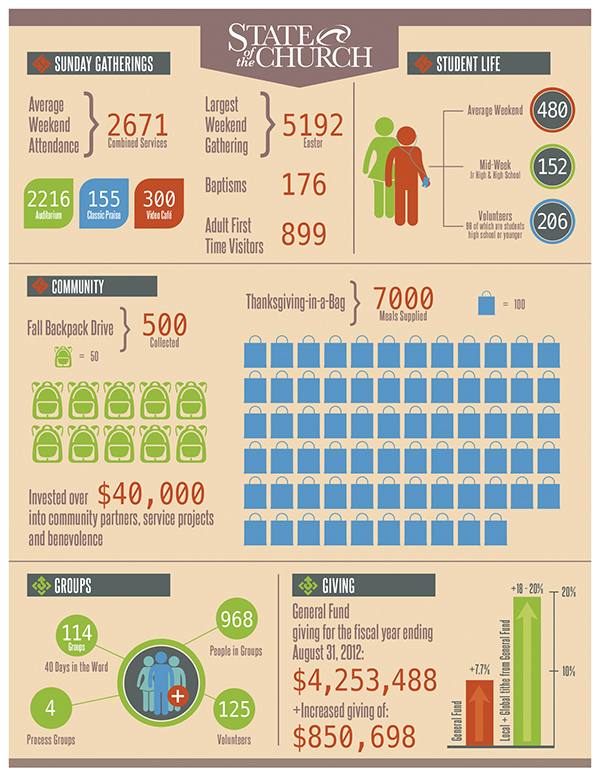As Social Dynamics Shift, The Transforming Function Of Churches Underscores Their Relentless Influence On Areas-- Are They Really Being Redefined?

Post Created By-Wall Goldman
You might consider churches as simply puts for praise, yet their function has actually progressed considerably gradually. They have actually changed right into neighborhood centers, resolving numerous social concerns and cultivating connections amongst members. As society modifications, churches encounter special difficulties and need to adjust to continue to be pertinent. What's driving this makeover, and how do modern-day churches influence today's communities? Discovering these questions reveals much about their long-lasting relevance.
The Evolution of Churches With Background
As society has progressed, the role and framework of churches have transformed dramatically. You might discover that very early churches largely acted as places of worship and neighborhood celebration, rooted deeply in custom.
In time, these organizations adjusted to the transforming needs of their congregations, typically mirroring social shifts. For instance, the Reformation stimulated a surge in diverse religions, each embracing special beliefs and methods.
Today, lots of churches concentrate not simply on spirituality yet additionally on social problems, engaging with contemporary obstacles like destitution and inequality. This evolution shows exactly how churches continue to matter, dealing with contemporary issues while keeping their core objective.
Comprehending this journey assists you appreciate the long lasting influence of churches in our lives.
The Function of Churches in Community Structure
Churches play a crucial function in building strong neighborhoods by cultivating connections among people and family members. They supply a welcoming area for people to collect, share experiences, and assistance one another.
By organizing Milestone Church Camp Argyle like dinners, workshops, and volunteer opportunities, churches motivate involvement and partnership among participants. You'll find that these events usually cause lasting friendships and networks of assistance.
Moreover, churches frequently work as a hub for outreach, helping those in need with food drives, therapy, and numerous social work. They create a feeling of belonging, reminding you that you're part of something larger.
When you engage with your local church, you're not simply attending services; you're proactively contributing to a dynamic, interconnected community that prospers on mutual support and empathy.
Difficulties and Adaptations in Contemporary Culture
While area structure continues to be a cornerstone of church life, contemporary society provides one-of-a-kind difficulties that require adaptation. You have actually likely seen decreasing attendance and shifting demographics, making it necessary for churches to reconsider their approaches.
Involving more youthful generations with technology and social networks can help bridge the gap. Consider hosting on the internet solutions or neighborhood occasions that reverberate with varied rate of interests.
In addition, attending to social concerns like psychological health and wellness and social justice can reel in those looking for assistance and objective. You can develop inclusive settings that invite every person, fostering a feeling of belonging.
Final thought
In conclusion, churches have transformed from straightforward churches right into crucial neighborhood hubs that resolve today's social concerns. As you review their development, it's clear they play a crucial duty in cultivating connections and giving assistance. Regardless of challenges, contemporary churches adjust by embracing modern technology and inclusivity, ensuring they stay pertinent. https://www.episcopalnewsservice.org/2021/04/22/centuries-of-episcopal-church-history-on-the-move-as-archives-packs-up-collections-for-relocation/ supports a sense of belonging however also shapes societal worths, making them a vital part of modern life.

